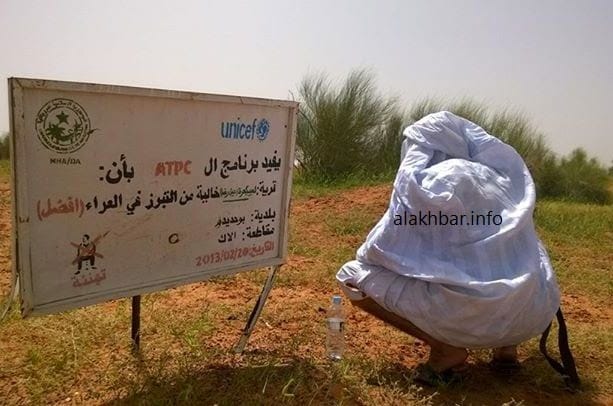Khartoum, November 21(Darfur24) The United Nations Children’s Fund (UNICEF) said that ten million people in Sudan defecate in the open, which leads to serious effects on public health, including potential disease outbreaks.
Open defecation is defined as people who defecate outside instead of in the toilet, and this is a major challenge in Sudan which has the fourth highest number of people practicing open defecation in the African continent.
Open Defecation (ODF) is a term to describe communities where all members of the community use latrines and practice hand-washing with soap at appropriate times, and this is a priority for UNICEF.
In a statement on World Toilet Day, which falls on November 19 of each year, UNICEF called on the Federal and State Ministry of Health in Sudan to develop and launch a high-level national roadmap to eliminate open defecation in Sudan to ensure better health for all in November 2018.
The statement considered that the road map is a clear plan of action in the budget in order to eliminate open defecation in Sudan.
Making Sudan free of open defecation by 2022 is currently under review with a new target by 2025. Making Sudan free of open defecation is a vital milestone for reaching the goal of universal access to basic sanitation services.
The statement revealed that a third of the Sudanese population is still defecating in the open.
He pointed out that the states that have the highest rates of open defecation are Gedaref, White Nile, North, Central and South Darfur, Kassala, North and South Kordofan, with numbers ranging between 40 and 45 percent.
The number of families in Sudan is estimated at about 7 million, and the financial loss in Sudan due to poor sanitation amounted to $490 million, or $33 per person.
If the open defecation-free framework is not fully implemented, 0.70 million households will be added to the open defecation list.

